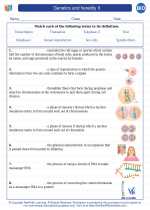Diatomic Molecules: Explained
A diatomic molecule consists of two atoms of the same element covalently bonded together. The atoms can be the same element or different isotopes of the same element. Diatomic molecules are commonly found in nature and have distinct properties that make them important in various biological and chemical processes.
Examples of Diatomic Molecules
Some common examples of diatomic molecules include:
- Oxygen (O2): Essential for respiration and a key component of the atmosphere.
- Nitrogen (N2): Makes up the majority of Earth's atmosphere and is crucial for the growth of plants.
- Hydrogen (H2): Used in the production of ammonia and as a fuel source.
- Chlorine (Cl2): Used in water treatment and the production of various chemicals.
- Fluorine (F2): Used in the production of various chemicals and in dental care.
Properties of Diatomic Molecules
Diatomic molecules have several key properties:
- Stability: Diatomic molecules are relatively stable due to the sharing of electrons between the two atoms.
- Reactivity: Some diatomic molecules, such as oxygen and chlorine, are highly reactive and participate in various chemical reactions.
- Physical State: At room temperature, diatomic molecules can exist as gases (e.g., O2, N2), liquids (e.g., Br2), or solids (e.g., I2).
- Bond Length: The bond length between the two atoms in a diatomic molecule is relatively fixed and contributes to the molecule's overall stability.
Biological Significance
Diatomic molecules play a crucial role in biological processes. For example, oxygen is essential for aerobic respiration in living organisms, while nitrogen is a vital component of amino acids and nucleic acids. Understanding the properties and behavior of diatomic molecules is essential for understanding the fundamental processes of life.
Study Guide
When studying diatomic molecules, consider the following key points:
- Memorize the common diatomic molecules and their chemical formulas.
- Understand the concept of covalent bonding and how it contributes to the stability of diatomic molecules.
- Explore the various uses of diatomic molecules in industry and everyday life.
- Consider the biological significance of diatomic molecules and their role in sustaining life.
- Practice drawing Lewis structures for diatomic molecules to visualize their bonding arrangement.
By mastering the properties and significance of diatomic molecules, you'll gain a deeper understanding of the fundamental building blocks of chemistry and biology.
[Diatomic Molecules] Related Worksheets and Study Guides:
.◂Biology Worksheets and Study Guides High School. Genetics and heredity II

 Worksheet/Answer key
Worksheet/Answer key
 Worksheet/Answer key
Worksheet/Answer key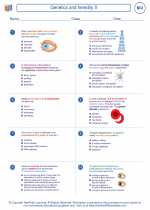
 Vocabulary/Answer key
Vocabulary/Answer key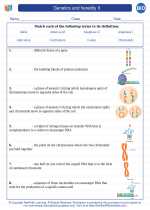
 Vocabulary/Answer key
Vocabulary/Answer key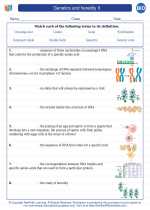
 Vocabulary/Answer key
Vocabulary/Answer key
 Vocabulary/Answer key
Vocabulary/Answer key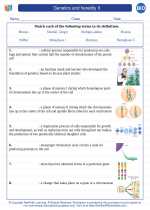
 Vocabulary/Answer key
Vocabulary/Answer key
 Vocabulary/Answer key
Vocabulary/Answer key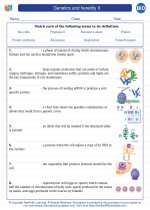
 Vocabulary/Answer key
Vocabulary/Answer key